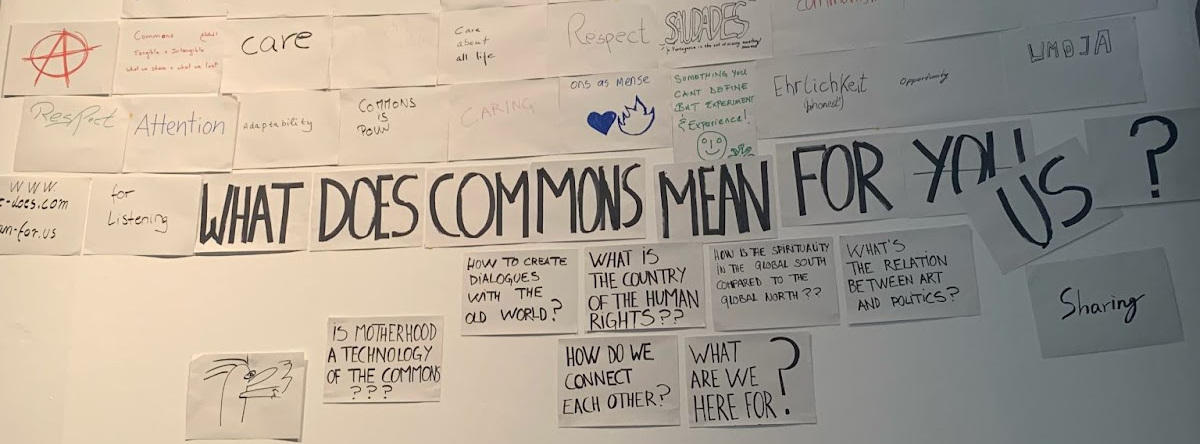Reflections
Post-evaluation reflection - Part 1 (Penny Travlou)
Post-evaluation reflection - Part 1 (Penny Travlou)
Post-evaluation reflection - Part 1 (Penny Travlou)
Memories
Credits
Team
Coordination & production: Luciana Fleischman, Marion Louisgrand, Penny Travlou
Moderation: Molemo Moiloa
Facilitation: Penny Travlou, Alex Correa, Veronique Poverello Kasongo
Graphic Harvesting: María Collado
Audio recording and streaming: Juan Jaramillo & Andrés Fernandez
Audiovisual production: Sapho Wulana
Research coordination: Penny Travlou
Power to the Commons!
Waza (RDC): Patrick Mudekereza, Véronique
Poverello Kasongo , Feza Ramwis, Futur-velours.com
(Belgique,RDC): Bren Heymans
Kër Thiossane (Senegal): Marion
Louisgrand Sylla
Platohedro (Colombia): Luciana
Fleischman, Alex Rubeola, Maria Collado, Juan Jaramillo, Andrés Fernandez and Penny Travlou (University of
Edinburgh, UK)
Common Life
The Ungovernable (South Africa):
Molemo Moiloa
The Afrika Arts Kollective
(Uganda): Gisa JR Gong Brian, David Kaiza
Kino Kadre Community Cinema Circle (South
Africa): Taryn Mckay, Sapho Wulana
Dzimbanhete
(Zimbabwe): Laura Ganda
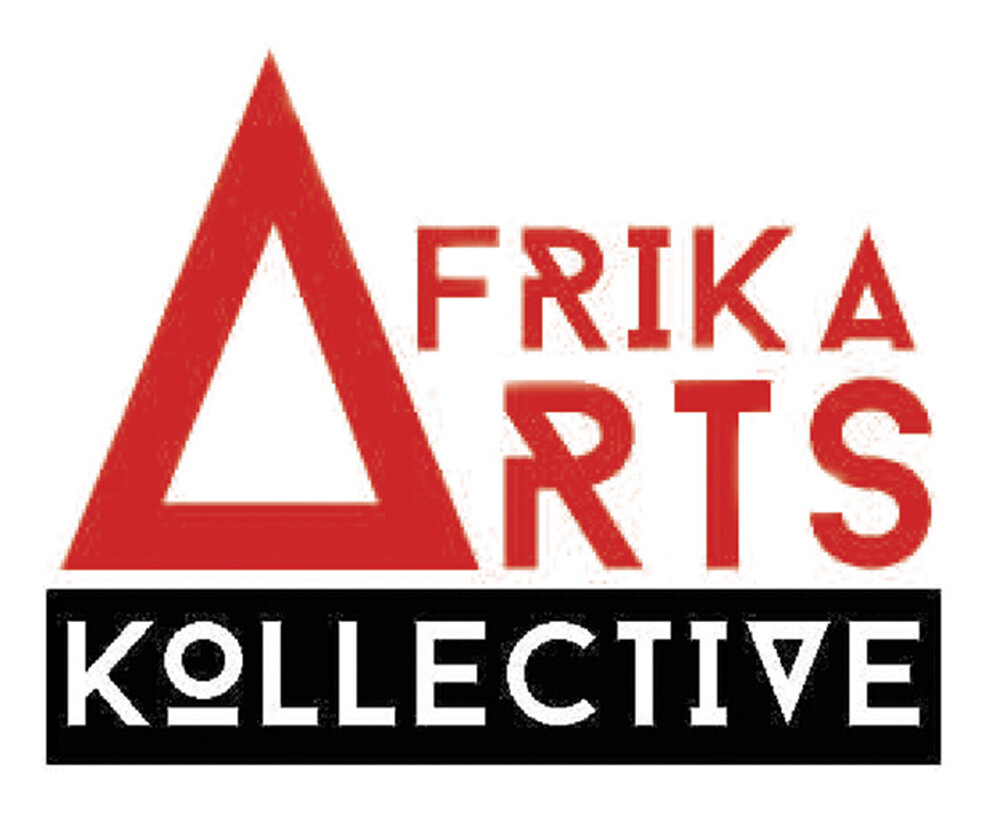

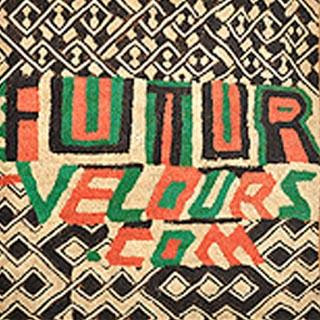
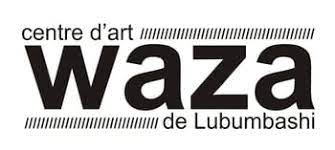
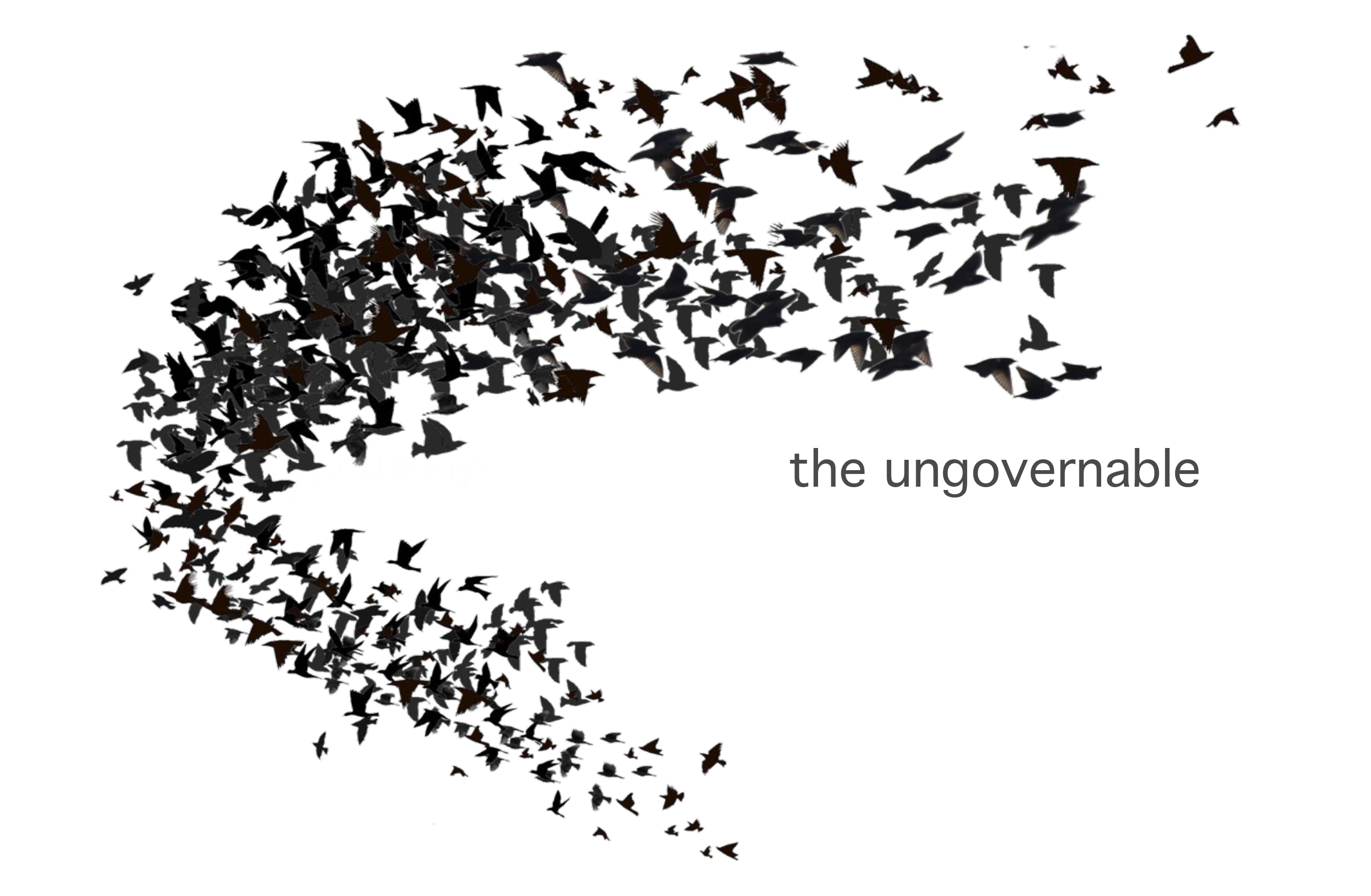




An opportunity to imagine Another World
